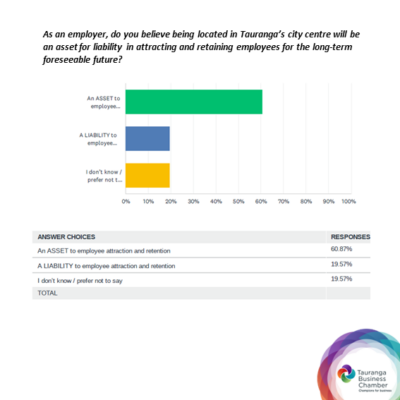When we’re looking for ways to improve our business, it’s often we look outward – plans, processes, efficiencies.
But a great place to start is inward, with your wellbeing and, more specifically, your sleep routine. How many hours of sleep do you have on average? How do you feel when you wake up? Do you have difficulty falling asleep?
We spoke with Emma Goldstraw from Emma G Total Health for her monthly wellbeing column, for a healthy mind and healthy business.
Sleep is vital for optimal cognitive and behavioural functions. While we sleep, our body recharges itself. Ideally, you should aim to have between seven and nine hours each night, which will leaving us feeling alert, refreshed, and ready to go the following day.
Once asleep, our body follows a sleep cycle which includes four stages that repeat on a cycle throughout the night.
- Stage 1-3 are known as NREM, non-rapid eye movement sleep. During Stage 3 we are in the deepest part of NREM sleep – our brain activity is slowed, allowing the body to recover, positively impacting memory, and thought.
- Stage 4 is known as REM, rapid eye movement sleep. Stage 4 REM sleep is essential for brain health. Most of the body experiences temporary paralysis while we have our most intense dreaming phase.
Not getting enough sleep can mean that you have a loss in focus, shorter attention span, delayed reactions, and low mood the next day. Over time a lack of sleep is linked to a higher risk of obesity, type 2 diabetes, high blood pressure, heart disease, a weakened immune system, stroke, mental health issues and even early death.

So how can we improve our nightly sleep?
- Create a routine and aim to go to bed at the same time every day.
- Try exercise during the day.
- You could implement a screen ban where there is no screen time at least 60 minutes before bed.
- Alcohol, caffeine, large meals, high intensity exercise in the evening may make it harder to fall asleep.
- Is your bed comfy? Do you need new pillows? Can you make your bedroom a place of relaxation?
- Temperature control in the bedroom – it is better to go slightly cooler than over heated.
- Try blackout curtains or use a sleep mask if light is an issue.
- Try a 10-minute meditation before bed.
- Reading instead of Netflix works for me.
Starting tonight, which of the above could you improve on or implement? Happy sleeping team!
Want more top tips, advice and insights? Check out our news section.
















































